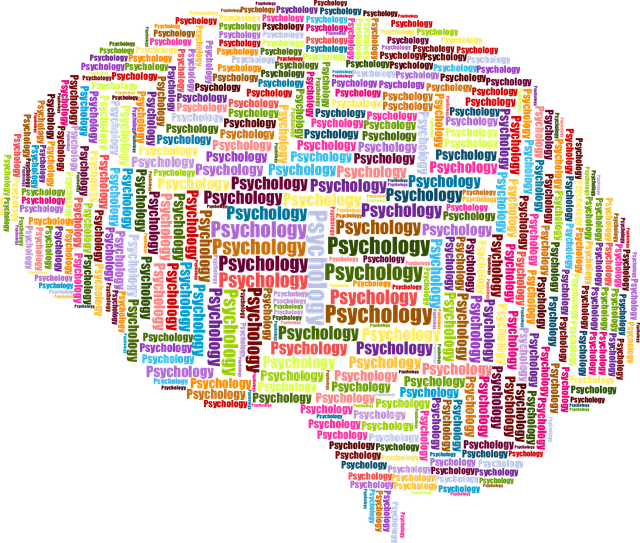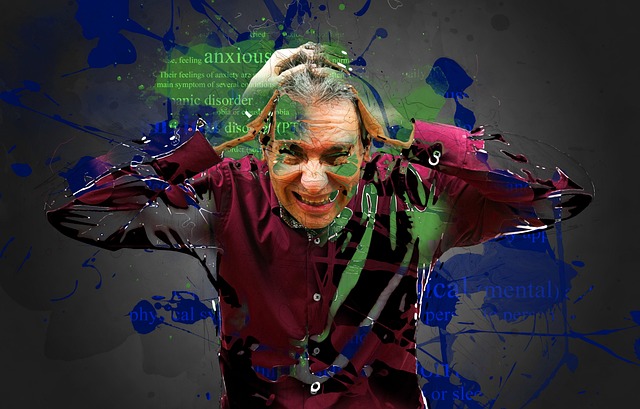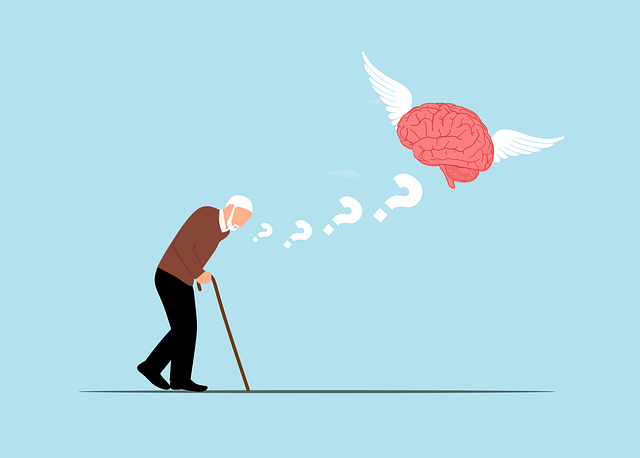Emotional Intelligence (EQ) is a powerful tool for personal growth and improved relationships, recognized in both modern therapy and ancient spiritual practices. Golden Spiritual-Religious Issues Therapy integrates faith with psychology to enhance EQ through self-awareness, empathy, emotional regulation, and mindfulness, ultimately improving mental well-being and stress management. Regular introspection, self-care, and setting boundaries are crucial for building EQ, while culturally sensitive environments in therapy foster inclusive growth.
Emotional intelligence (EI) is a powerful tool for personal growth and effective communication. In this article, we explore various dimensions of EI development, including practical strategies and spiritual-religious perspectives. First, we demystify EI, highlighting its significance in daily life. Next, we delve into how Golden Spiritual-Religious Issues in therapy can offer a holistic approach to enhancing EI. Finally, we provide actionable steps for personal growth and self-reflection to unlock your emotional potential.
- Understanding Emotional Intelligence: Unlocking the Power Within
- Golden Spiritual-Religious Issues in Therapy: A Holistic Approach to EI Development
- Practical Strategies for Enhancing Emotional Intelligence Through Personal Growth and Self-Reflection
Understanding Emotional Intelligence: Unlocking the Power Within

Emotional intelligence (EQ) is a powerful tool that goes beyond mere self-awareness; it’s about harnessing the power within to navigate life’s complexities. It involves recognizing and managing your emotions, as well as understanding and empathizing with others’ feelings. This ancient wisdom, often intertwined with golden spiritual-religious issues, offers a path to personal growth and improved relationships. By cultivating EQ, individuals can prevent burnout, enhance mood management, and even improve their healthcare provider cultural competency training.
The journey of emotional intelligence is a therapeutic one, encouraging self-reflection and fostering deeper connections. It’s about understanding that our emotions are not barriers but powerful indicators of our inner landscape. Through this process, we learn to respond rather than react, transforming challenging situations into opportunities for growth. By embracing the teachings from ancient wisdom and modern therapy, individuals can unlock a world where emotional resilience becomes the cornerstone of a fulfilling life.
Golden Spiritual-Religious Issues in Therapy: A Holistic Approach to EI Development

In recent years, therapists have recognized the profound impact that spiritual and religious beliefs can have on a person’s emotional intelligence (EI). Often referred to as Golden Spiritual-Religious Issues Therapy, this holistic approach integrates faith-based practices with evidence-based psychological techniques. By addressing these aspects, therapists can help individuals cultivate self-awareness, empathy, and emotional regulation, which are key components of EI. This method not only enhances therapeutic outcomes but also empowers clients to manage stress, prevent depression, and improve overall mood.
Incorporating spiritual or religious elements into therapy provides a sense of purpose and meaning, fostering a deeper connection with oneself and others. It allows individuals to explore their values, beliefs, and practices that can influence their emotional responses. Moreover, these workshops often include mindfulness exercises, meditation techniques, and self-reflection activities tailored to an individual’s spiritual needs. By combining these strategies with evidence-based mood management techniques, Stress Management Workshops Organization can effectively support clients in developing robust EI while addressing specific mental health concerns.
Practical Strategies for Enhancing Emotional Intelligence Through Personal Growth and Self-Reflection

Building emotional intelligence is a journey that requires dedication and self-awareness. One powerful approach lies in personal growth and introspection. Individuals can enhance their EQ by cultivating mindfulness—a practice that encourages staying present and observing emotions without judgment. This awareness is crucial for understanding triggers and managing responses, especially during challenging interactions. Through regular reflection, one can identify patterns of behavior and the underlying emotional nuances, fostering a deeper connection with oneself and others.
Self-care plays a significant role in this process; engaging in activities that nurture mental well-being contributes to robust emotional healing processes. Setting boundaries, prioritizing stress management techniques like meditation or journaling, and seeking therapy when needed are essential components of risk management planning for mental health professionals. Additionally, cultural sensitivity in mental healthcare practice, understanding diverse perspectives, enhances the ability to connect with individuals from various backgrounds, fostering inclusive environments that support emotional expression and growth.
In conclusion, emotional intelligence is a powerful tool for personal growth and holistic well-being. By understanding and unlocking its potential, individuals can navigate life’s challenges with greater resilience and empathy. Integrating practical strategies from personal growth and self-reflection, alongside exploring Golden Spiritual-Religious Issues in therapy, offers a comprehensive approach to enhancing EI. This multifaceted strategy ensures individuals not only manage their emotions effectively but also foster meaningful connections, ultimately leading to a more fulfilling life.












